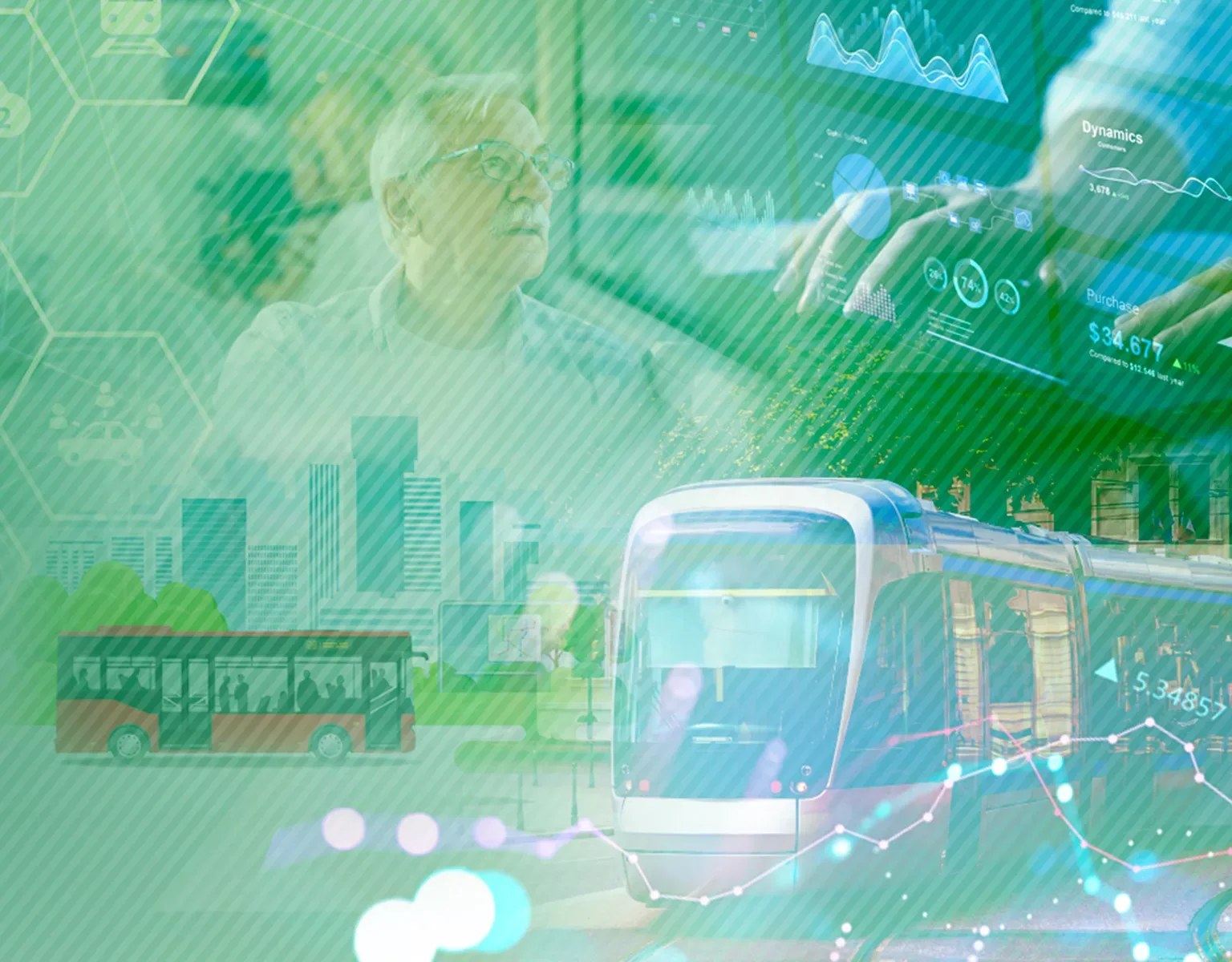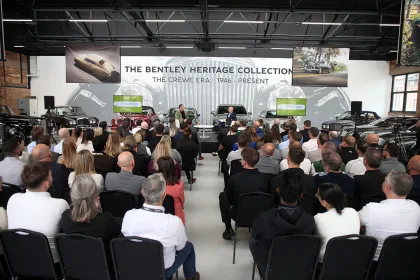Devin de Vries, CEO for mobility and location data provider WhereIsMyTransport, shares how an efficient public transport system can help control the climate crisis
RENEWABLE ENERGY AND CYCLING ARE GREAT, BUT A REAL TRANSPORT REVOLUTION REQUIRES DATA
There is absolutely no doubt that if the world is to have any hope of curbing the climate crisis, a transportation revolution is needed. According to the World Economic Forum, the transport sector is responsible for 37 percent of global CO2 emissions. In the developed world, at least, attempts to address the issue have largely focused on electrifying transport options and on getting more people onto emission-free transport options, such as bicycles.
Laudable as those efforts are, globally, their impact is likely to be limited. Electrifying vehicles only makes a real, tangible difference if the power they’re drawing to drive comes from renewable sources. Many of the cycling initiatives, meanwhile, are too small to make much of a difference. Even rightly celebrated initiatives, such as those in Paris and Barcelona, will only get so many people out of their cars, especially in the short term. It will be some time, in other words, before even the world’s most cycling-friendly cities become new Amsterdams. The focus on private electric vehicles (EVs) powered by renewables and getting more people onto bicycles also ignores the reality for many people in the Majority World. In many of the world’s fastest-growing cities, which frequently have limited formal public transport infrastructure, people largely rely on their own fossil-fuel-driven vehicles or informal public transport.
But it’s also those Majority World cities that show us where the real transport revolution lies. Renewables-based EVs and cycling will play a part in a greener future for the transport sector, but right now they can’t hold a candle to what accurate, real-time traffic data can enable today.
UNDERSTANDING THE MAJORITY WORLD
In order to understand why that data is so important, it’s critical to understand the Majority World context. Unlike in the developed world, many Majority World cities don’t have well-established and functioning formal, subsidised public transport systems that cater to everyone. In some cases, they simply grew too fast while others simply don’t have the money to invest in public transport networks. As a result, many citizens rely on a combination of their own vehicles and informal public transport.
Unfortunately, that often means highly congested roads. The average Lagos resident, for example, spends upwards of 1,000 hours in traffic every year. In Rio de Janeiro, meanwhile, the average commute time is more than an hour each way, with families living outside the formal city boundary taking even longer to get to work or school and back.
Similar scenarios can be found in cities around the world, with every minute spent idling in traffic releasing carbon dioxide and other greenhouse gases (GHGs) into the atmosphere. But if you could ensure that informal public transport providers were operating as efficiently as possible and spending less time idle in traffic, you’d have lower levels of emissions. The reductions might not be significant at an individual level, but when you multiply multiple daily journeys by multiple transport providers in multiple cities around the globe, the difference quickly becomes enormous.
In our experience, the best way to secure public transport efficiencies is through data. For commuters, we’re already there. In fact, we’ve found that people who use our public transport app, Rumbo, in Mexico City, Lima, and Bangkok, get 24 minutes of commuting time back every week. That’s 24 minutes less time spent in an emissions-producing vehicle. Securing similar benefits for all informal transport operators would be even more transformative – and it’s all possible when you’ve got real-time mobility data.
But that’s not the only way that data and mapping can help reduce emissions in cities. In Sarajevo, for example, we helped engineering firm WSP with a due diligence report the city needed in support of an infrastructure investment loan from the European Bank for Reconstruction and Development (EBRD). We found over 75 percent of trips on the city’s minibuses are not completed due to a lack of available fleets. With the public transport system so unreliable, passengers often wait for up to an hour only to find the service is not running. As a result, people were increasingly choosing other modes of transport, such as private vehicles, to get around.
WhereIsMyTransport worked with a local team of data collectors to map existing public transport routes in the city, processing and validating that information using our bespoke data management platform, including checking data to ensure route names were correct, removing duplicate information, and rectifying any inconsistencies. This data provided WSP with the insight they needed, delivered as a General Transit Feed Specification (GTFS) file – the global standard format for transit data.
The due diligence report produced by WSP, informed by data from WhereIsMyTransport, helped Sarajevo Canton secure substantial investments from the EBRD and move towards a modern, reliable public transport system. Encouraging Sarajevo’s residents to travel by public transport is expected to reduce CO2 emissions by more than 30 percent, creating a greener, more sustainable city.
That’s to say nothing of the potential benefits that can come from sharing that data with other organisations, including retailers and governments. The former can ensure that they’re closer to their target customers, meaning further reductions in emissions, while the latter can better plan where to put new infrastructure, ensuring that their resources are less likely to be wasted.
A LOW-COST SOLUTION
Perhaps the best part of taking this data-driven approach, however, is the fact that there are no drastic changes involved. It doesn’t require shutting off roads to drivers or building proper cycle lanes, nor does it entail the massive renewable energy investments and charging stations that will be needed for the widescale adoption of EVs.
Make no mistake, such initiatives are important and the cities that get them right will provide models for the rest of the world to follow. But an approach today that focuses on data can make a massive impact at almost no cost.
So, as we look to achieve net zero, maybe the first port-of-call shouldn’t be building bike lanes or enacting legislation to push the adoption of EVs but collecting, utilising, and sharing relevant, real-time mobility data.






























